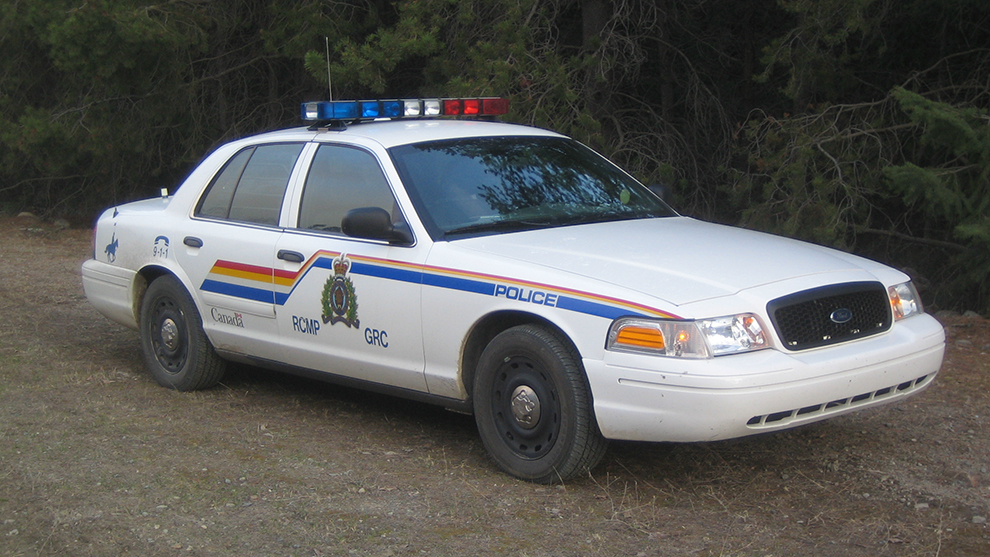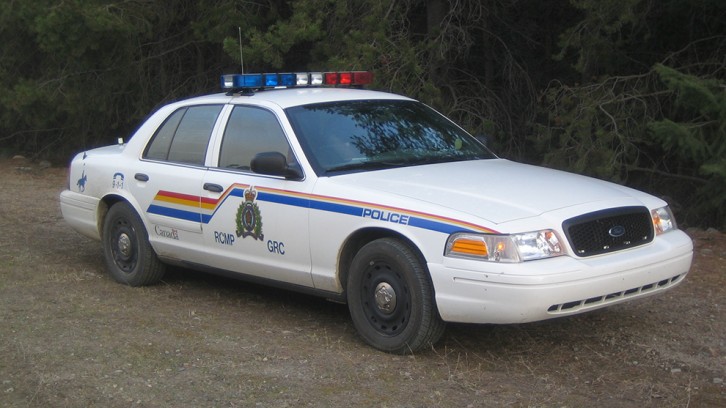Drugs
Fentanyl becoming a growing concern for police in Halifax
Halifax police are trying to stay on top of illicit fentanyl issue

caption
A Nova Scotia RCMP cruiser.
caption
Illicit fentanyl is making its way from western Canada to the Maritime provinces.Halifax Regional Police and the Halifax district RCMP are warning the public about illicit fentanyl in the region.
Fentanyl is an extremely powerful opioid. In some cases, it only takes two milligrams — the size of two grains of sand — for an adult user to overdose and die.
“What we are trying to do is basically get a message out to recreational users that fentanyl is here and it is an extremely dangerous drug,” Staff Sgt. Darrell Gaudet said Wednesday. “If you are going to use recreational drugs, just be aware of what you are using.”
Since January, the Integrated Criminal Investigation Division has searched six residences in the Halifax area where fake oxycodone pills made of fentanyl were found and seized. These pills are typically light blue or dark green in colour and are designed to look as close to real oxycodone as possible.
Gaudet said there is an important distinction to be made between two types of fentanyl users. The first are users who knowingly use fentanyl to get high because of its powerful effects. The second group are those who unknowingly use fentanyl because it is used to cut other street drugs like cocaine, crack cocaine and ecstasy.
Fentanyl is so powerful that first responders tending to overdose victims, and law enforcement officials who get it off the streets, are at risk as well. It can be absorbed through the skin if accidental contact with the drug is made, or inhaled if it is in a powdered form.
“We have had to train our officers on how to deal with this product and how to wear proper protective equipment,” said Gaudet. “You could touch a powder that is either pure fentanyl or laced with fentanyl and you could overdose.”
While HRP are trying to get in front of the issue before it becomes too big of a problem, Nova Scotia’s chief medical officer was warning the public about illicit fentanyl in November.
East to West
In Nova Scotia, police want to make sure the fentanyl issue does not escalate to the epidemic level it has in provinces, like British Columbia and Alberta.
In the past two years 50,000 to 60,000 pills have been seized by authorities in Alberta, said Mike Tucker, spokesperson for the Alberta Law Enforcement Response Teams.
“This is like nothing we have ever seen; it is very hard to detect,” said Tucker.
He added that the drug is hard enough for law enforcement to detect in other drugs. There are also issues knowing the supply routes that fentanyl takes because it is a new problem never seen before the past few years.
The fentanyl issue is becoming so big in western Canada because most of the illicit drug comes from underground markets in China. It’s then unloaded in British Columbia before moving east.
“I think that we have seen this trend migrate west to east,” said Tucker. “(I’ve been) hearing of it slowly creep forward through Ontario and now the Maritime provinces. For police there is only so much they can do.”
Tucker said educational programs and partnerships with health-care workers and government officials are the only way to solve the problem. It has simply become too big for police to handle on their own.
Gaudet wants people in Halifax to remember one thing.
“Don’t be afraid of the police; don’t be afraid of outing somebody because they have used fentanyl,” he said. “If you do wait and hesitate that person could die, so you do have to act as quickly as possible.”
Gaudet also explained that many people are scared to call the police, if they think someone is experiencing an overdose because they could be charged for trafficking, but according to him police are understanding too. If they know the drug was just taken at a party, for example, and no drug traffickers are present, no one will be charged.
For those struggling with drug addiction or those who know someone in need of help options are available, or call 211 to learn of possible treatment options.

